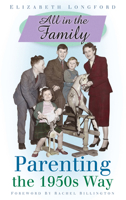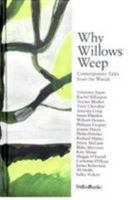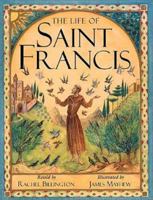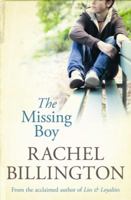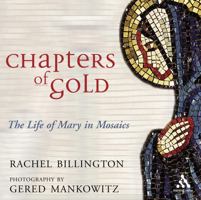Bed 39
Bed 39 is the ultimate love story which recounts two tales of romantic love surprisingly born on hospital death beds decades apart and in countries on opposite sides of the Atlantic Ocean. The love between Tomas and Mia in the US as well as David and Cicely in the UK are filled with meaning, passion and true love that transcend life and death. Bed 39 also tells the true story of the birth and evolution of hospice that sprang from David's and Cicely's love - the tale of an overarching bigger love, agape love, the love of humanity implicit to the evolution of compassionate care for the terminally ill. An array of beloved characters occupy Bed 39 over the decades. Thanks to Tomas' decision to imprint his soul on Bed 39 after his extremely premature death at age 27, we are treated to the unique humanity of each and the lives they have lived. Cowboy Jack, aging rock star Schulen McDermott, Mrs. Bailey and others enrich the story beyond measure. Hang on for a delicious tale that uplifts, inspires and totally satisfies a craving for a great story well told
Format:Paperback
Language:English
ISBN:151529868X
ISBN13:9781515298687
Release Date:September 2015
Publisher:Createspace Independent Publishing Platform
Length:220 Pages
Weight:0.66 lbs.
Dimensions:0.5" x 6.0" x 9.0"
More by Rachel Billington
Customer Reviews
0 customer rating | 0 review
There are currently no reviews. Be the first to review this work.













